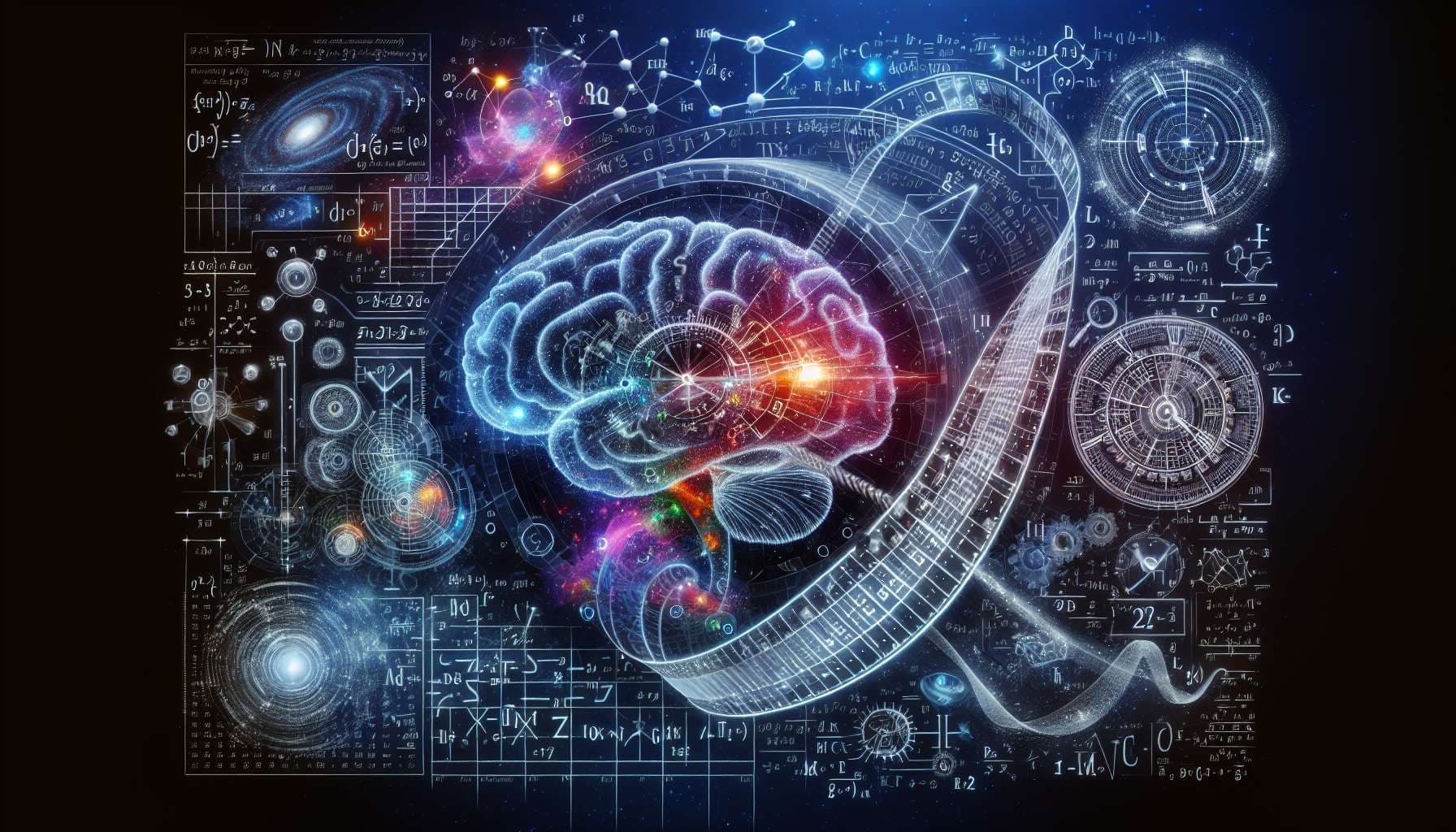
The “hard problem of consciousness” refers to the difficulty of identifying the direct causes of conscious experience. The Internet Encyclopedia of Philosophy defines the hard problem as “the problem of explaining why any physical state is conscious rather than nonconscious“ (https://iep.utm.edu/hard-problem-of-conciousness/).
Philosopher David Chalmers, who coined the distinction between “hard” and “easy” problems of consciousness, bets against neuroscientist Christoph Koch that the hard problem will remain unsolved until at least 2048 (https://www.scientificamerican.com/article/a-25-year-old-bet-about-consciousness-has-finally-been-settled/).
Resolution criteria:
The question resolves positively if, before the end of 2048, Chalmers claims that the hard problem has been solved, that there is clear evidence for a set of necessary and sufficient conditions to produce conscious experience in the human brain, or that he no longer believes the hard problem exists. The question also resolves positively if, in any PhilPapers survey before the end of 2048, 60% of respondents claim that there is no hard problem of consciousness or that the problem has been solved. (In the 2020 survey, 62.42% of respondents accept or lean toward “yes,” responding to the question, “Hard problem of consciousness (is there one?)” [https://survey2020.philpeople.org/survey/results/all].) If none of these criteria are met by the end of 2048, the question resolves negatively (absent any unusually compelling last-minute evidence and agreement that the hard problem is no longer a problem).